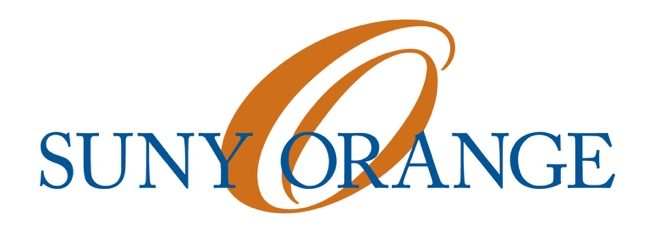App Store Optimization: A Necessity for Academic Researchers

As an academic researcher, you may be focused on publishing articles and presenting at conferences. However, it’s important to consider how to reach a wider audience through mobile apps in the digital age. This is where app store optimization (ASO) comes in.
ASO is the process of optimizing your app to rank higher in app store search results. By following ASO best practices and using relevant keywords, you can increase potential users’ chances of discovering your app. This can help you share your research with a larger audience and potentially have a greater impact on your field of study.
The Importance of App Store Rankings
Like with search engines, the higher your app ranks in app store search results, the more likely it is to be discovered. This is especially important for academic researchers, as your app may be competing with many other apps in your field. Optimizing your app for higher rankings can increase the chances that your app will be downloaded and used by potential users.
How to Optimize Your App
So, how do you optimize your app for higher rankings in app stores? Here are a few tips:
- Use relevant keywords: Include relevant keywords in your app’s title, description, and metadata to make it easier for users to find your app. You can use tools like Outrank Apps to help identify the best keywords.
- Include high-quality graphics: Make sure to include clear and visually appealing graphics, such as screenshots and an app icon. These can help attract users and make your app stand out in search results.
- Encourage reviews and ratings: User reviews and ratings can greatly impact your app’s visibility. Encourage users to leave positive reviews and ratings to help improve your app’s ranking.
- Use Google Play Console and Apple App Store analytics: Both Google Play Console and the Apple App Store offer analytics tools to help you track your app’s performance and identify areas for improvement. Make use of these tools to optimize your app’s listing and make any necessary updates.
By following these tips and using tools like app store optimization agencies, you can increase the chances that your app will be discovered and used by a wider audience of academic researchers.
Considerations for Monetization
While sharing your research with a larger audience is the primary goal, you may also be interested in monetizing your app. There are a few different options to consider:
- In-app purchases: You can offer additional content or features within your app that users can purchase. This can be a great way to generate revenue, but it’s important to ensure that the in-app purchases are valuable to users and not too expensive.
- Advertising: You can display ads within your app and earn revenue based on how many people see or interact with the ads. This can be a good option, but balancing the number of ads with the user experience is important. If there are too many ads, it can be not very pleasant and turn users off.
- Freemium model: You can offer your app for free but charge users for additional features or content. This can be a good way to attract a larger user base and monetize through in-app purchases.
- Paid app: You can charge users to download your app. This can be a good option if you have a unique or highly valuable app, but convincing users to pay upfront may be more challenging.
Again, it’s important to experiment and see what works best for your app and your target audience.
App Localization for a Global Audience
In today’s globalized world, it’s important to consider the potential international audience for your app. By localizing your app, you can make it more accessible and appealing to users in different countries and cultures. This can help you reach a wider audience and potentially increase your revenue.
App localization involves adapting your app’s content and graphics to specific regions or languages. This can include translating the app’s text and adapting the layout to fit different languages, using local currency and adhering to local laws and regulations. Localizing your app can make it more relevant and appealing to users in different countries and increase the chances that they will download and use it.
The Benefits of Mobile App Marketing
In addition to ASO and app localization, mobile app marketing can help you reach a wider audience and increase your revenue. Mobile app marketing involves promoting your app through various channels, such as social media, email marketing, and paid advertising. By implementing a solid marketing strategy, you can increase the visibility of your app and attract more users.
Mobile app marketing can also help you gather valuable data about your users and their behavior. You can better understand your audience and tailor your marketing efforts to meet their needs by tracking metrics such as app downloads, user engagement, and in-app purchases. This can help you increase the chances of success for your app and turn it into a profitable venture.
Conclusion
As an academic researcher, mobile apps can be a powerful tool for sharing your research with a wider audience and potentially having a greater impact on your field of study. Optimizing your app for higher rankings through ASO, localizing your app for international markets, and implementing a solid mobile app marketing strategy can increase your app’s chances of success and turn it into a profitable side hustle or even a full-time business.








